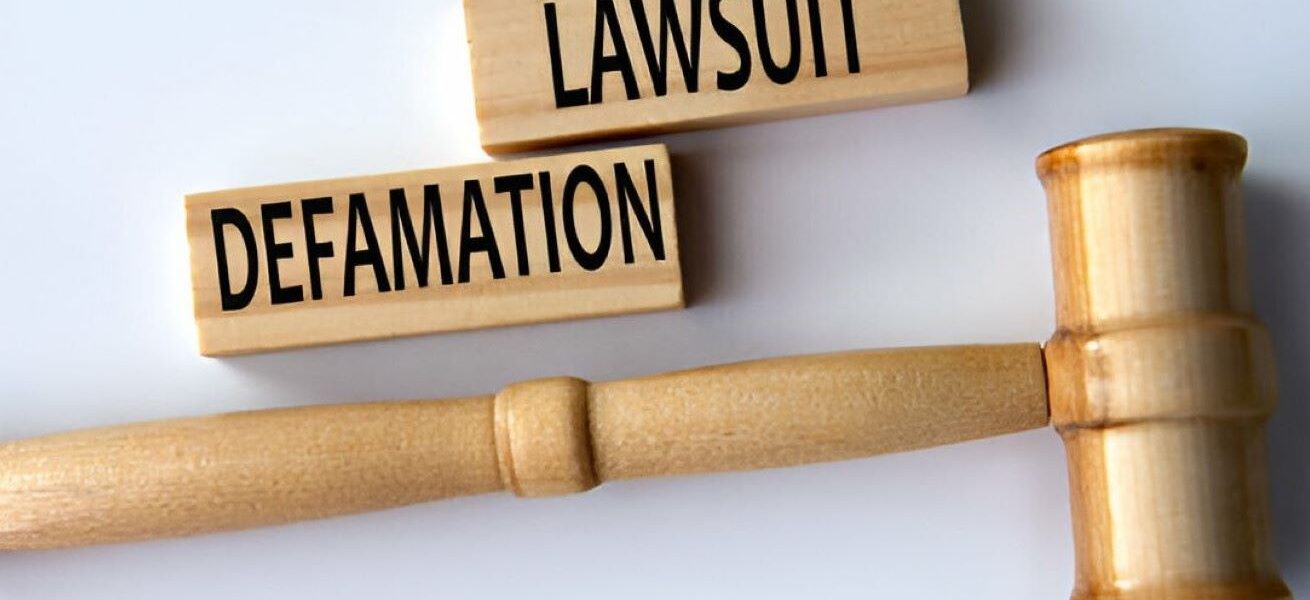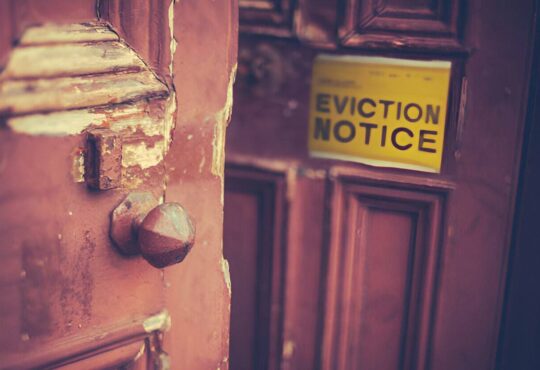
Defamation Lawsuits: When Can You Sue for Slander or Libel?
False statements can significantly harm individuals or businesses. Defamation lawsuits provide a legal remedy for those facing unjust reputation damage. Slander refers to spoken falsehoods, while libel involves written or published statements.
Understanding when defamation qualifies for a lawsuit is crucial for protecting your rights. If you have been falsely accused or misrepresented, knowing the legal process can help you take action.
Contents
What Qualifies as Defamation?
Defamation occurs when false statements harm a person’s reputation. For a defamation claim, the statement must be false, shared with a third party, and cause harm. Opinions and protected speech don’t qualify. Courts assess intent and impact to determine validity.
Public figures face a higher burden of proof in defamation cases. They must show that false statements were made with actual malice, meaning with knowledge of their falsity or reckless disregard for the truth. Private individuals, however, only need to prove negligence in most cases.
This distinction protects free speech while still providing legal recourse for reputational harm. Understanding these legal nuances is essential for building a strong case.
Difference Between Slander and Libel
Slander refers to false spoken statements that damage a person’s reputation. Slander can happen in conversations, speeches, or broadcasts. Proving it often requires witnesses or recordings. Financial loss, distress, or professional harm can show damage.
Libel involves false written or published statements, including online posts, news articles, or advertisements. Because written statements have lasting effects, libel cases are often easier to prove. Evidence such as emails, social media posts, and published articles can be used in court.
Courts consider whether the content was widely disseminated and whether it caused significant damage. The permanence of libel often leads to greater legal consequences.
Proving Actual Harm in a Defamation Case
To win a defamation lawsuit, plaintiffs must demonstrate actual harm. This includes job loss, financial harm, or emotional distress. Mere embarrassment isn’t enough. Employer statements, financial records, and witness testimony strengthen claims.
In some cases, defamation is considered so harmful that damages are presumed. These cases often involve false accusations of criminal activity, professional misconduct, or unethical behavior. Courts may award compensation without requiring proof of specific losses.
However, the plaintiff must still show that the statements were false and damaging. The level of harm required depends on the nature of the false claims.
Defenses Against Defamation Claims
Defendants in defamation cases can argue that the statement was true, which is an absolute defense. Truthful statements aren’t defamation. A key defense is proving it was opinion, not fact. Courts assess how an average person would interpret it.
Some statements are legally privileged, meaning they are protected under certain circumstances. For example, statements made in court, government proceedings, or journalistic reports on public matters may be exempt.
Public figures often face additional hurdles due to free speech protections. A strong defense can prevent liability or reduce potential damages in a lawsuit.
Role of Retractions and Corrections
Sometimes, issuing a retraction or correction can mitigate defamation claims. If a false statement is publicly corrected, courts may view this as an effort to minimize harm. Some jurisdictions require plaintiffs to request a retraction before filing a lawsuit. If the publisher refuses to correct the false statement, legal action may proceed.
Retractions do not always eliminate liability, especially if significant damage has already been done. They may lower lawsuit damages, as courts consider intent and correction efforts. Quick action against false claims can help avoid legal disputes.
When to Consider Legal Action
Defamation lawsuits should be pursued when false statements cause measurable harm and informal resolutions fail. If reputation damage causes financial or career losses, legal action may help. An attorney can assess your case, but lawsuits are costly and time-consuming.
In some cases, cease-and-desist letters may resolve the issue without a full lawsuit. Mediation or public corrections can resolve issues without court. If false claims harm livelihood or well-being, legal action may be necessary. Knowing the process helps protect your reputation.
Conclusion
Defamation lawsuits provide a means to protect individuals and businesses from false statements that cause real harm. Knowing the difference between slander and libel helps in assessing legal options. Proving actual harm and understanding defenses are critical for building a strong case.
Retractions and alternative resolutions may offer solutions before litigation. When necessary, legal action ensures accountability and helps restore reputations.




